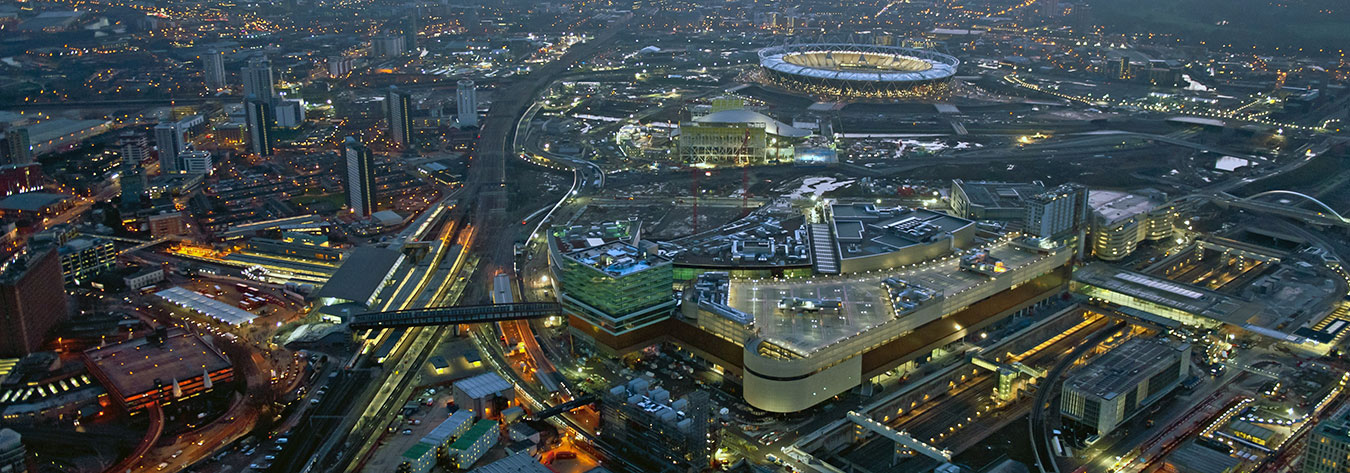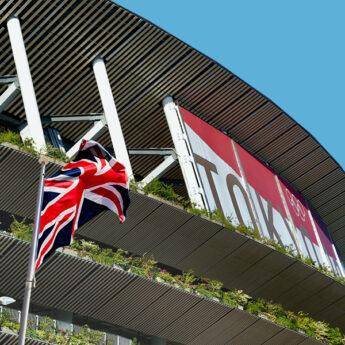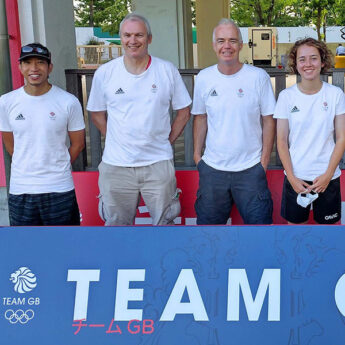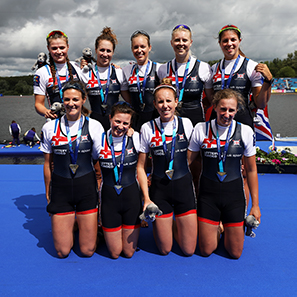“If your civil servants are anything like ours, keep them away from the scheme”. That was the somewhat optimistic advice from Ken Livingstone, the man who successfully engineered London’s bid to host the 2012 Olympic and Paralympic Games, to the organisers of Tokyo 2020.
Livingstone was in Tokyo in May to discuss lessons Japan’s capital could learn from London. He regards the total exclusion of Whitehall bureaucrats as the single most important factor in the success of London 2012.
“Big projects are always late and massively over budget in the UK”, he said, citing the furore over the Millennium Dome, a government project widely derided as a white elephant. “So we built into our contract with the International Olympic Committee (IOC) that a group of four people would have absolute authority. No civil servant could intervene”.
According to Livingstone, this didn’t go down too well in Whitehall. After London unexpectedly won the 2012 bid in July 2007, a committee of civil servants unsuccessfully “tried to take over”, he told delegates at MIPIM Japan, a forum for global property innovation. “It was the most poisonous meeting I’ve ever had”.
The organisers of Tokyo 2020 are no strangers to poisonous meetings. After a series of damaging rows over ballooning budgets, missed deadlines, political power struggles and a highly controversial stadium design by British architect Zaha Hadid, Prime Minister Shinzo Abe was forced to take personal control of the project in July. He promptly dispensed with Hadid’s plans and announced a new design competition for a national stadium that will now not be ready in time to host the Rugby World Cup 2019.
Then, in early September, the Tokyo 2020 organising committee had to scrap the official logo for the Games, after being sued for copyright infringement by a Belgian graphic designer, who claims the Tokyo logo was copied from his 2013 design for the Theatre de Liège.
In May, the panel of speakers at MIPIM Japan agreed that, if the 2020 organisers can get a grip on project management, additional infrastructure investment is a critical next step. They included Professor Yasushi Aoyama, former vice-governor of the Tokyo Metropolitan Government, and Ralph Luck OBE, former property director at the UK’s Olympic Delivery Authority.
Stadiums aside, Japan has an excellent track record in this area. “The opening of the new Tokaido Shinkansen 10 days before the 1964 Olympic Games was a triumph”, said Aoyama. “Japan has continued to upgrade and invest in its rail network ever since, unlike many countries”. “In 2004 I was delighted when the IOC said London’s transport system could not sustain an Olympic Games”, added Livingstone. “The government gave us £3bn to upgrade our transport system and another £8bn for the Olympic site”.
State-funded infrastructure is, according to Luck, “the single most important thing”—a framework on which the private sector can prosper.
“We now have a flood of investment into London year after year, because we got the transport right”, said Livingstone. “A lot of people who came to London for the Olympic Games thought, ‘this is a city worth investing in’”.
For Livingstone, an even greater benefit was the regeneration of Stratford, a “polluted, run-down part of London” where “trains went through but never stopped”. There is now a seven-minute train link from Stratford to Central London, and demand is high for apartments on the site of the athletes’ village. The UK government sold the site to a private developer on the condition it would be used for affordable rented housing.
“We have achieved more than any other city in terms of legacy”, said Luck. “Unless Tokyo can beat us”.
“For Beijing, the Olympics were about the arrival of a great world power”, said Livingstone. “For a country that is already a world power like Japan, it’s about legacy”.
So, what will Tokyo’s legacy be? The city already has an excellent transport network. The bayside athletes’ village—similarly to the land use following London 2012—will be converted into apartments, although the regeneration may be nowhere near as dramatic as that of Stratford.
The Tokyo 2020 committee intends to publish a “legacy plan” after the Rio 2016 Olympic and Paralympic Games. Its initial statements promise to use the Games to “contribute to the recovery of Japan’s economy” and “communicate Japan’s technological innovation”. However, the examples given of the latter—free Wi-Fi and greater acceptance of foreign credit cards—are already a given in most Western countries.
A tourist boom should not be relied upon, according to Livingstone. “There is no immediate tourism impact in an Olympic year”, he said, because “the flood of tourists who watch the sports” are counterbalanced by an equal number who stay away.
To sustain long-term tourism, culture is crucial. “Financial services are very important in London but no-one comes to see the bankers, they come for museums and theatre”, he said.
English-language cultural events could be a growth area for Tokyo, according to Aoyama. “If Tokyo can look back on 2020 as a turning point in the city’s evolution into a cultural Mecca for tourists”, he said, “that will ensure its importance in Olympic history”.
Watch BIJ.TV’s interview with Ken Livingstone at MIPIM Japan 2015: www.bij.tv/programs/interviews/2506-london-2012-lessons/







